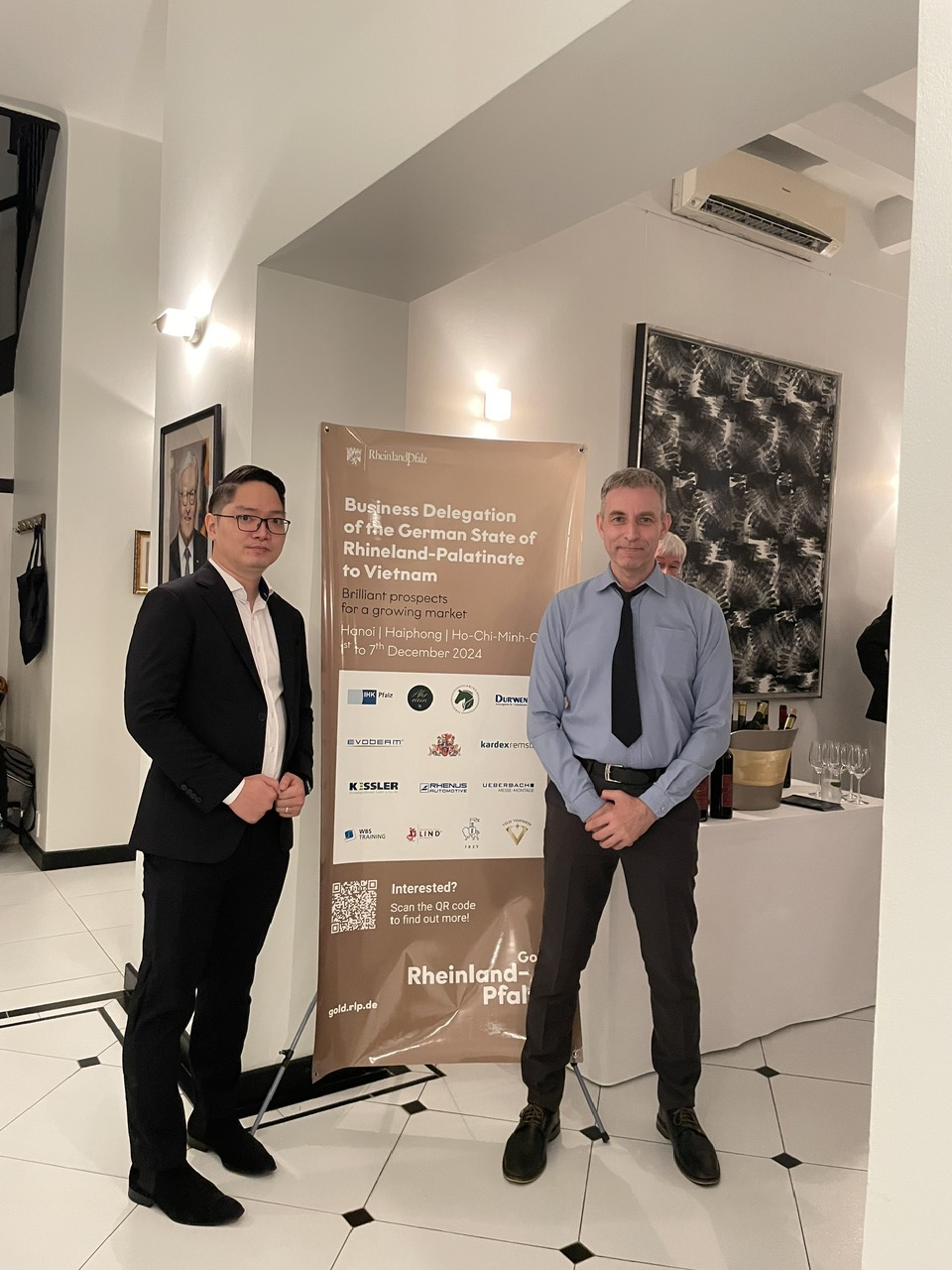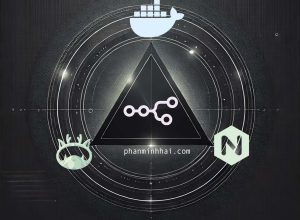Let’s face it—being an outsourcing developer isn’t just about cranking out code anymore. With the rise of AI tools that can handle basic coding tasks, like generating functions or boilerplate code, sticking to just implementing what’s in the ticket won’t cut it. To stand out and truly add value, we need to shift our mindset and focus on being product-oriented.
What does that mean? It’s about thinking beyond the code, asking the right questions, and actively contributing to the product’s success. Clients don’t just need someone to type lines of code—they need someone who understands their vision and helps bring it to life.
What Does It Mean to Be Product-Oriented?
Being product-oriented means:
• Understanding the purpose behind a feature, not just its technical implementation.
• Suggesting ideas to improve not only functionality but also user experience.
• Communicating with the client or product owner to align on the big picture.
When you adopt this mindset, you’re no longer just a “coder.” You become a collaborator, a problem solver, and someone who makes the client’s life easier.
Why Being Product-Oriented Matters More Than Ever
1. AI Is Changing the Game
Let’s talk about the elephant in the room: AI. Tools like ChatGPT, GitHub Copilot, and others can now handle simple coding tasks—things like generating CRUD operations, writing tests, or even building small components.
If your approach is to just “do what the ticket says,” you risk being replaced by a tool that can do it faster and cheaper. But here’s the thing AI can’t do (at least not yet):
• Understand the nuances of a client’s business goals.
• Think critically about a product’s design and user experience.
• Build trust and relationships with clients through communication.
That’s where you come in. By offering insights and going beyond the task at hand, you show that your value isn’t just in coding—it’s in how you think.
2. Clients Appreciate Developers Who Care
Clients love developers who take the time to understand their needs and goals. When you’re proactive—asking questions, pointing out potential issues, or suggesting improvements—it shows you care about their success.
For example, imagine a ticket asks you to implement a specific button. Instead of just building it, you notice the button could confuse users because of its placement. Sharing that feedback and proposing a better solution doesn’t just make the product better—it makes you invaluable to the client.
3. Assumptions Can Be Risky
Too often, developers hesitate to ask questions and make assumptions about what the client wants. This can lead to wasted time, unnecessary revisions, and frustration on both sides.
It’s much safer (and smarter) to ask clarifying questions up front. Even something as simple as, “Can you tell me more about how users will interact with this feature?” can uncover insights that improve your work.
4. This Mindset Sets You Apart
Anyone can write code. What sets senior developers apart is their ability to think strategically, communicate effectively, and contribute to the product’s success. A product-oriented mindset is what makes you more than just another developer—it’s what makes you irreplaceable.
How to Be a Product-Oriented Developer
1. Ask “Why” for Every Task
Don’t just focus on what the ticket says—dig deeper. Why is this feature important? How does it fit into the bigger picture?
2. Think About the User
Even if you’re not a designer, consider the user experience. If something feels clunky or confusing, speak up.
3. Work Smarter With AI
Use AI tools to handle repetitive coding tasks, freeing up time to focus on higher-level thinking. Let AI write the boilerplate so you can focus on making the product better.
4. Communicate Proactively
Don’t wait for clients to notice problems—raise concerns early and offer solutions. Clients respect developers who are upfront and engaged.
5. Stay Curious and Keep Learning
The tech world is always evolving. Stay updated on trends in UI/UX, product development, and communication skills.
Final Thoughts
In a world where AI can write code, your value as a developer isn’t in typing out lines of code—it’s in your ability to think critically, communicate effectively, and contribute to the success of a product.
By adopting a product-oriented mindset, you show clients that you’re more than just a developer—you’re a partner in their success. So, don’t hesitate to ask questions, share ideas, and go beyond the ticket. That’s how you stand out in today’s competitive market.
What do you think? Have you started adapting to these changes in the industry? Share your thoughts—I’d love to hear them!








